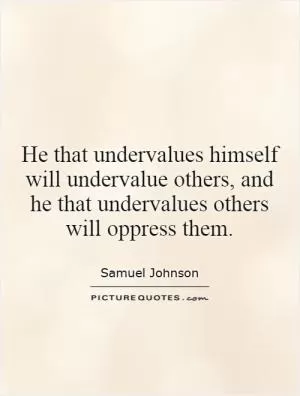But, scarce observed, the knowing and the bold fall in the general massacre of gold

But, scarce observed, the knowing and the bold fall in the general massacre of gold
The quote “But, scarce observed, the knowing and the bold fall in the general massacre of gold” is a poignant reflection on the way in which society often values material wealth over intelligence and courage. This sentiment is particularly relevant in the context of the renowned English writer and critic Samuel Johnson, whose own life and work exemplify the struggle between intellectual pursuits and financial success.Johnson was a man of great intellect and creativity, known for his wit, wisdom, and literary prowess. He was a prolific writer, producing essays, poems, and biographies that are still studied and admired today. His most famous work, “A Dictionary of the English Language,” is considered a landmark achievement in the field of lexicography. Johnson was also a respected critic, known for his sharp insights and incisive commentary on literature and society.
Despite his intellectual achievements, Johnson struggled financially for much of his life. He was born into a modest family and faced numerous challenges and setbacks throughout his career. He often relied on the patronage of wealthy benefactors to support himself and his work. Johnson’s financial struggles were exacerbated by his generous nature and his willingness to help others in need, often to the detriment of his own financial well-being.












 Friendship Quotes
Friendship Quotes Love Quotes
Love Quotes Life Quotes
Life Quotes Funny Quotes
Funny Quotes Motivational Quotes
Motivational Quotes Inspirational Quotes
Inspirational Quotes